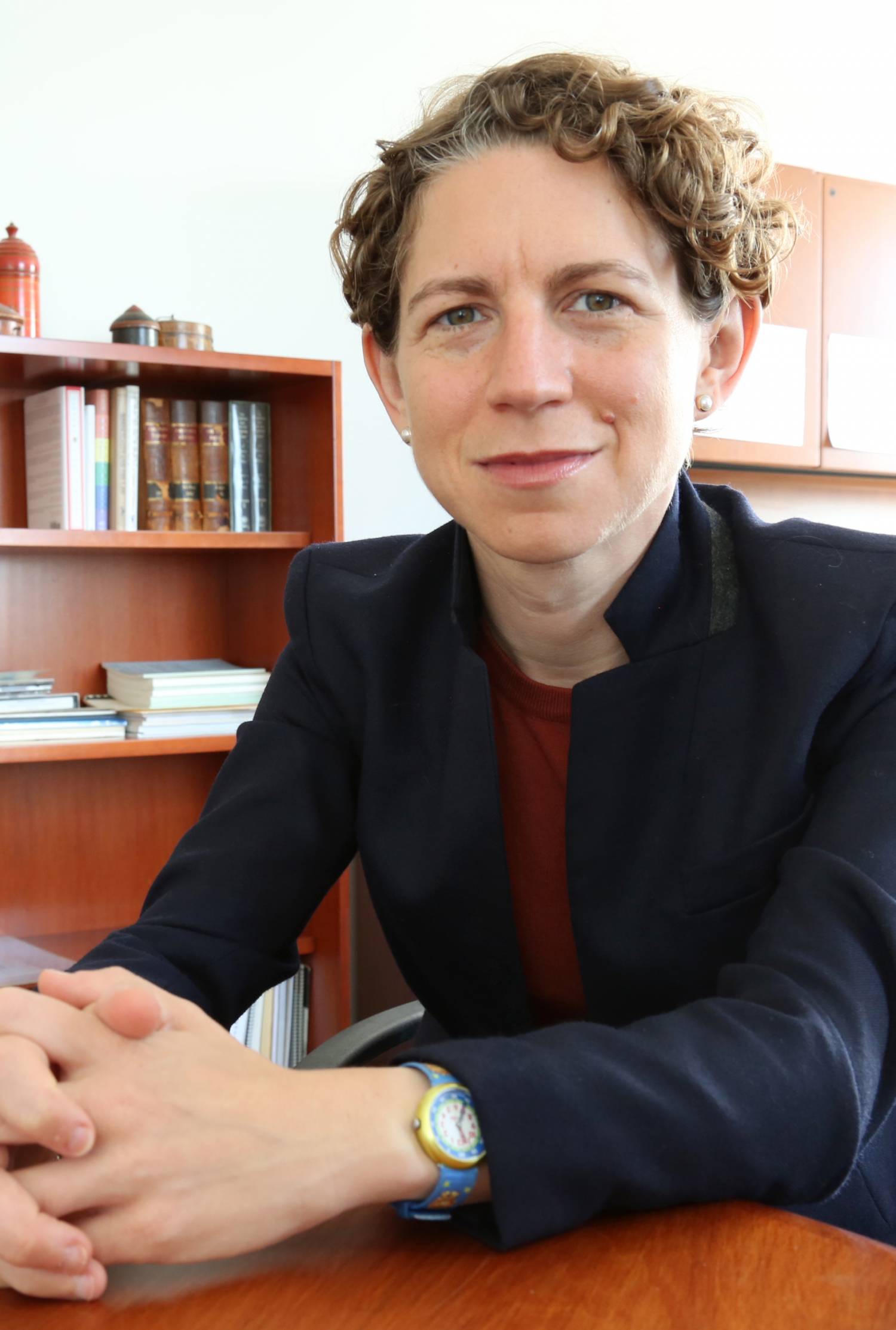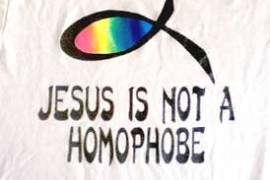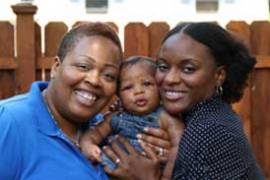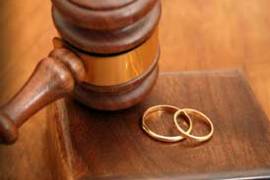I came out in the fall of my freshman year of college, the first woman in my Harvard-Radcliffe class to do so. It was pretty much just my friend Ted Gideonse and me for a while.
Towards the end of that first semester, a gay assistant dean invited all of the out students in my class to dinner at his apartment. By then, there were maybe five or six of us.
That spring, Colin Powell, then Chairman of the Joint Chiefs of Staff, was announced as the senior class’s commencement speaker. This was towards the tail end of the U.S. military’s outright ban on homosexuality — “Don’t ask, don’t tell” would be issued later that year, in the fall of 1993.
We didn't demand that the school administration rescind his invitation, as has become popular on campuses recently. Instead, we rented helium tanks.
The night before commencement, we inflated thousands of pink balloons printed with “Lift the Ban.”
I remember standing outside all night, helping to guard over them. We didn't have enough room to store them all inside, naturally.
In the morning, we fanned out around the campus gates and handed balloons to all the people waiting in line to enter the ceremony. The trick was to offer every little kid a balloon. While General Powell spoke (you can watch his address here), Harvard Yard was a sea of pink rubber.
Our message about the military ban made the national news.
“However civil, the protest today was one of the most visible and prominent displays of opposition to the gay ban in a debate that has been dominated by the military and its Congressional supporters,” The New York Times wrote later that afternoon.
I was hooked.
Just two months after I started college, voters across Colorado approved Amendment 2 — a law that singled out gay people for exclusion and discrimination. The lawsuit that fought to stop Amendment 2 would go on to become Lambda Legal’s truly world-changing Supreme Court victory, Romer v. Evans.
As I progressed through my college career, so did the Romer litigation: at trial, then at the Colorado Supreme Court and eventually with Lambda Legal's win at the U.S. Supreme Court.
At trial, a Harvard government professor, Harvey Mansfield, testified on Colorado's behalf to assert that lesbians, gays and bisexuals had been seen as a threat to civilization since ancient times.
In response, my friends and I designed posters on my Macintosh computer. “Harvey Mansfield thinks James Baldwin threatens civilization,” one read. “Harvey Mansfield thinks Eleanor Roosevelt threatens civilization,” said another. “Harvey Mansfield thinks Bayard Rustin threatens civilization,” read a third. We had about 40 variations, each with a different famous LGBT person, and all printed on neon pink paper. A physics major told me with tears in his eyes how much it meant to him to see Alan Turing’s name.
We stuck them all over campus, and delivered a full set to Professor Mansfield’s office. The student newspaper covered our action on the front page, and years later a Boston Magazine profile of Mansfield began with the story of the posters.
The 90s were a turning point not just at Harvard, but also on college campuses across the country.
In my first year, I co-founded an official Hillel group for LGBT students, called BAGELS. By the time I was a senior, many other universities had created similar groups, and at Harvard, students were out on their applications and residential houses were holding LGBT welcome parties. Trans students had begun to gain visibility on campus, led by pioneer Alex Myers, who started a year or two behind me and who grew up to write a terrific queer historical novel, Revolutionary.
We L, G, B and T students were pretty closely aligned. There weren't that many of us, so we all knew each other. We went to class together, socialized together and organized together to make Harvard — and hopefully the world — a more welcoming and tolerant place.
And today, there are so many more of us.
On this 28th anniversary of National Coming Out Day, I’m looking back on my personal coming out story and activist legacy with pride, and maybe a little amusement. But October is also LGBT History Month, and I’d be leaving so much out of the story if I didn’t also look back on the legacy of our movement as a whole.
The world in my first semester of college was very different from the world now.
Though it is true that victories have borne backlash from people who feel threatened by the simple fact of our existence, if history teaches anything, it is that progress prevails when we show up and speak out for each other and for our community — particularly those most marginalized within it. Finding community is what encouraged us burgeoning queers to act on my college campus, after all, and it’s that same type of acknowledgement of our collective humanity that continues to push our movement towards justice today.
When we are visible, we are able to find others like us, even if we are alike in our difference. When we find others like us, we are able to build together — and that is how we change the world.





